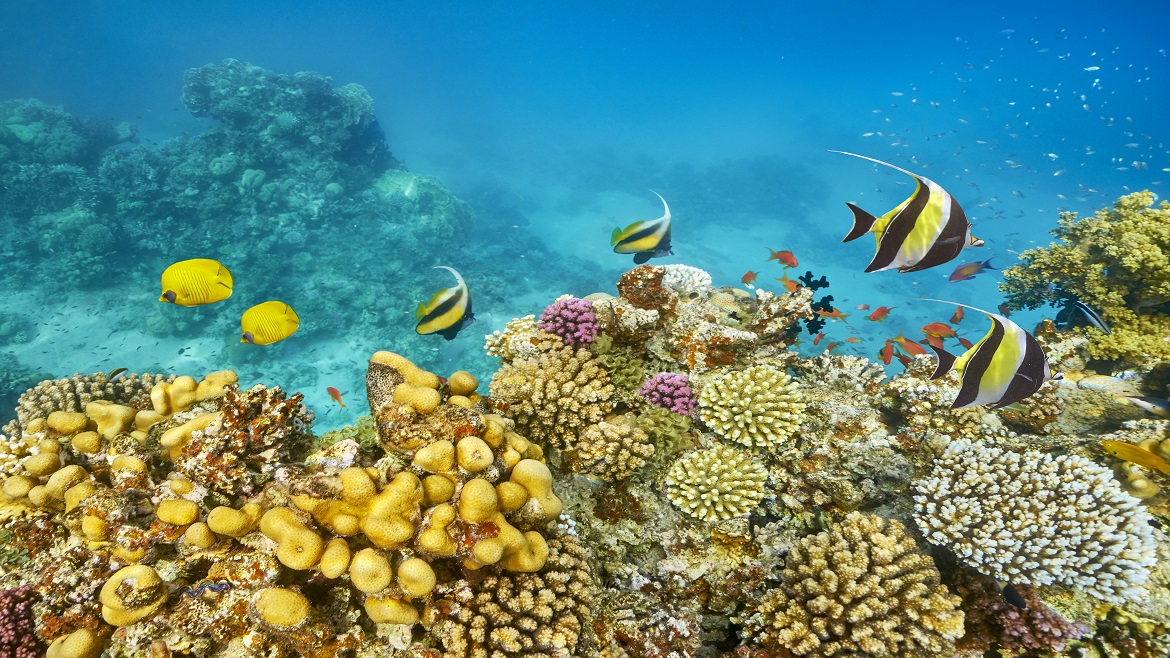Across the globe, countries are increasingly looking seaward in search of new economic opportunities, including oil, gas, and mineral extraction from the sea floor, renewable energy development, and biotechnology. The push to expand this so-called “blue economy” comes at a time when the ecological health of the oceans is seriously degraded. Last year, the Economist’s World Ocean Summit concluded with a resounding consensus that more needs to be done to protect and restore the world’s seas, especially the high seas. Will blue growth help or harm efforts to achieve a healthier ocean ecosystem?
The U.N. has proposed ambitious sustainable development goals relating to ocean health. They include reducing pollution from agriculture run-off, decreasing untreated sewage and solid waste, rebuilding depleted fish stocks, and protecting and restoring natural habitats.
A healthy ocean ecosystem is a public good—both locally and globally. Mangroves, corals, and salt marshes protect coastal towns from storms. Oceans store carbon and produce oxygen that benefits us all. And areas of high biodiversity support global fisheries and are essential for resilient and productive oceans.
These natural benefits can remain intact if nations encourage—and even require—participants in the blue economy to reinvest the economic capital created from that economy in the natural capital of marine and coastal ecosystems; namely by restoring degraded habitats, protecting healthy ones, and financing blue economy “greening” efforts.
Channeling the new wealth of a growing blue economy into projects that will build a healthier ocean will require new financial tools. For instance, a global ocean trust fund, eco taxes, or user fees could be managed at the global level (say the U.N., World Bank, or the Global Environmental Facility) or even at a regional level, perhaps through existing regional seas organisations.
But for now the blue economy needs to aim higher than merely to do no harm. Converting blue economic capital into blue natural capital can raise all boats and produce a healthier, more sustainable blue economy.
This opnion piece is co-authored by John Virdin, director, Ocean and Coastal Policy Program, Duke University’s Nicholas Institute for Environmental Policy Solutions, and Linwood Pendleton, senior scholar, Nicholas Institute and International Chair, European Institute for Marine Studies
The Economist Events will host its third World Ocean Summit: Blue economy; blue growth in Lisbon, Portugal on June 3rd-5th 2015.
The views and opinions expressed in this article are those of the authors and do not necessarily reflect the views of The Economist Intelligence Unit Limited (EIU) or any other member of The Economist Group. The Economist Group (including the EIU) cannot accept any responsibility or liability for reliance by any person on this article or any of the information, opinions or conclusions set out in the article.




